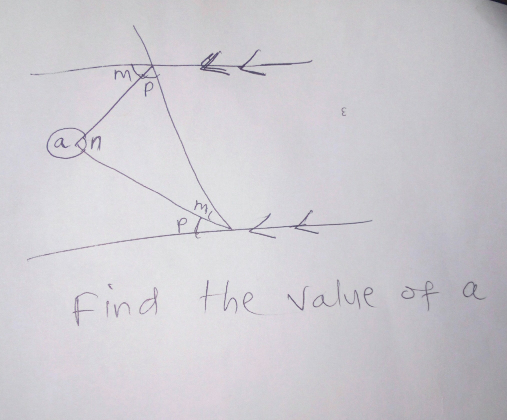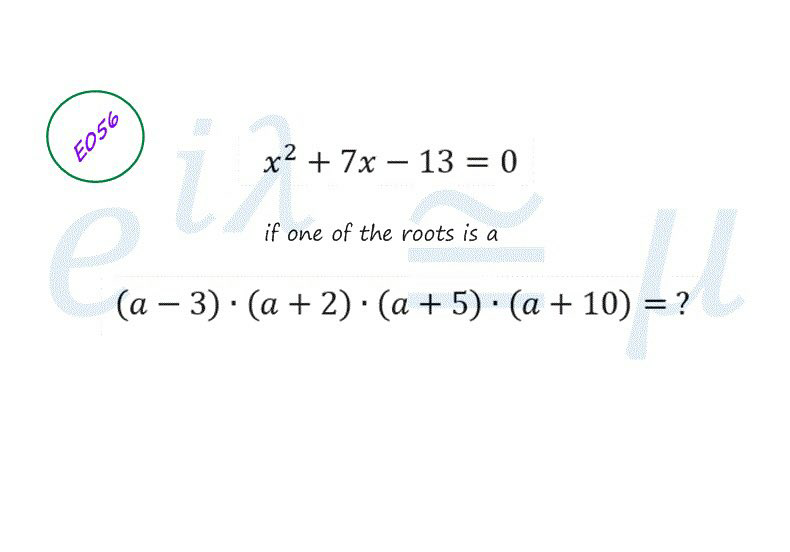
AllQuestion and Answers: Page 1210
Question Number 96078 Answers: 0 Comments: 0
Question Number 96076 Answers: 2 Comments: 0
$$\int\:\mathrm{3x}.\mathrm{2}^{\mathrm{x}} \:\mathrm{dx}\:?\: \\ $$
Question Number 96072 Answers: 1 Comments: 0
Question Number 96065 Answers: 3 Comments: 0
$$\mathrm{y}'\:+\:\mathrm{y}\:=\:\mathrm{x}\:\sqrt[{\mathrm{3}\:\:}]{\mathrm{y}^{\mathrm{2}} } \\ $$
Question Number 96114 Answers: 0 Comments: 6
Question Number 96060 Answers: 1 Comments: 4

Question Number 96052 Answers: 1 Comments: 0

Question Number 96051 Answers: 0 Comments: 1
Question Number 96041 Answers: 1 Comments: 0
Question Number 96034 Answers: 2 Comments: 1
Question Number 96032 Answers: 1 Comments: 3

Question Number 96023 Answers: 0 Comments: 0

Question Number 96022 Answers: 0 Comments: 0

Question Number 96021 Answers: 0 Comments: 1
Question Number 96012 Answers: 2 Comments: 1

Question Number 96008 Answers: 0 Comments: 1
Question Number 96007 Answers: 0 Comments: 1
Question Number 95999 Answers: 2 Comments: 0

Question Number 95986 Answers: 0 Comments: 1
Question Number 95985 Answers: 2 Comments: 0
Question Number 95982 Answers: 1 Comments: 0
$$\Sigma{x}\left({y}^{\mathrm{3}} −{z}^{\mathrm{3}} \right)=\_\_\_\_\_. \\ $$
Question Number 95980 Answers: 1 Comments: 0
Question Number 95968 Answers: 1 Comments: 0
Question Number 95964 Answers: 0 Comments: 0
Question Number 95951 Answers: 4 Comments: 3

Question Number 95949 Answers: 2 Comments: 0
Pg 1205 Pg 1206 Pg 1207 Pg 1208 Pg 1209 Pg 1210 Pg 1211 Pg 1212 Pg 1213 Pg 1214
